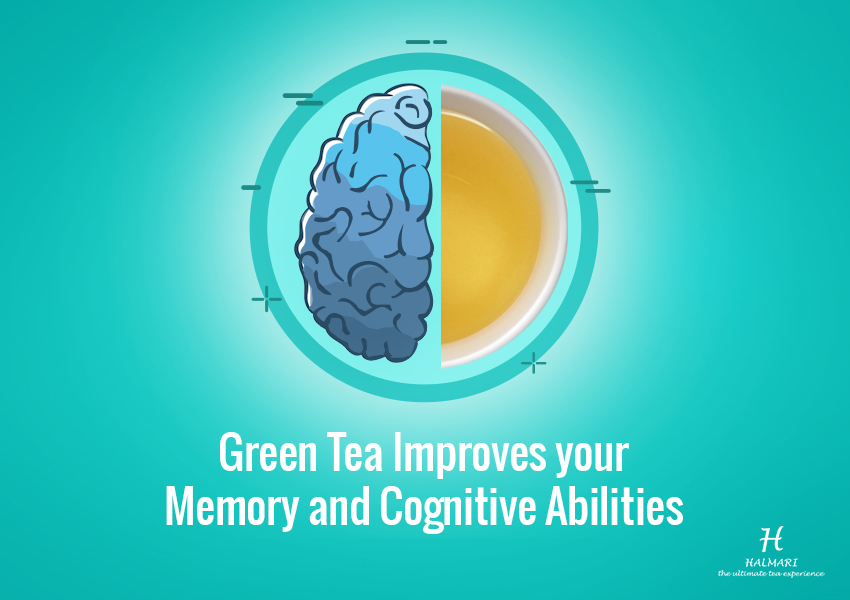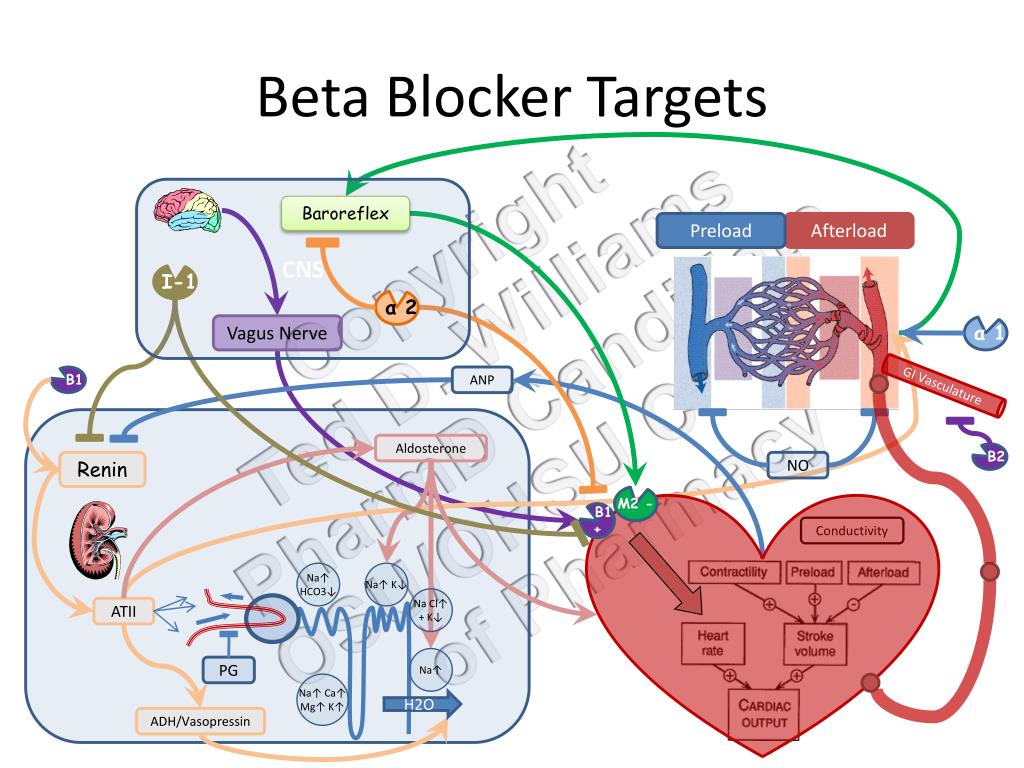Green Tea and Cognitive Function - Improve Attention and Memory

Green tea, a beverage enjoyed for centuries for its taste and purported health benefits, is once again making headlines. This time, it's not just about antioxidants; exciting new research is exploring the potential of green tea to boost cognitive function, specifically attention and memory. Could this ancient drink hold the key to sharper minds and improved cognitive health?
Delving into the Science: Green Tea's Impact on the Brain
Recent studies have shed light on the mechanisms by which green tea might enhance brain function. A key player appears to be L-theanine, an amino acid uniquely abundant in green tea. Unlike caffeine, which provides a quick energy boost, L-theanine promotes relaxation and focus by influencing alpha brain wave activity. This creates a state of "calm alertness" - ideal for tackling tasks that require sustained attention.
Furthermore, research published in the journal "Psychopharmacology" found that a combination of L-theanine and caffeine (as naturally found in green tea) significantly improved accuracy and speed on demanding cognitive tasks. Participants who consumed the green tea extract showed enhanced performance on tasks measuring attention switching and working memory compared to those who received a placebo.
Beyond L-theanine, green tea contains polyphenols, powerful antioxidants that protect brain cells from damage caused by free radicals. This protective effect is crucial for maintaining cognitive health as we age. Studies have linked regular green tea consumption to a reduced risk of cognitive decline and neurodegenerative diseases like Alzheimer's and Parkinson's.
Emerging Evidence: Green Tea's Promise for Cognitive Enhancement
While more research is needed to fully understand the long-term benefits, several studies have yielded compelling results:
- Improved Working Memory: A 2017 study published in the journal "Nutrients" showed that participants who drank green tea rich in L-theanine demonstrated better working memory performance, particularly in tasks requiring focus and attention to detail.
- Enhanced Attention Span: A study involving older adults published in the "American Journal of Clinical Nutrition" found that those who regularly consumed green tea had better sustained attention and performed better on cognitive tests compared to those who didn't.
- Potential for Neuroprotection: Animal studies have shown that green tea extracts can protect brain cells from damage caused by beta-amyloid plaques, a hallmark of Alzheimer's disease. While human trials are ongoing, these findings suggest a promising avenue for future research.
Incorporating Green Tea into Your Daily Routine for a Cognitive Boost
The potential benefits of green tea for cognitive function are exciting, but moderation is key. Start by incorporating one or two cups of green tea into your daily routine. Choose high-quality, loose-leaf green tea whenever possible, as it tends to have a higher concentration of beneficial compounds.
Looking Ahead: Further Exploration of Green Tea's Potential
Research into the cognitive benefits of green tea is ongoing, and scientists are eager to unlock its full potential. Future studies will likely focus on:
- Determining the optimal dosage of green tea for cognitive enhancement.
- Investigating the long-term effects of green tea consumption on brain health.
- Exploring the potential of green tea extracts as a therapeutic intervention for cognitive decline and neurodegenerative diseases.
Concluding Thoughts: A Cup of Green Tea for a Sharper Mind?
While not a magic bullet, green tea offers a compelling combination of natural compounds that may support cognitive function. From improving attention and memory to potentially protecting against age-related cognitive decline, the evidence supporting green tea's brain-boosting potential is steadily growing. So, the next time you reach for a beverage, consider a cup of green tea - it might just be the sip that gives your brain a healthy advantage.














Comments ()